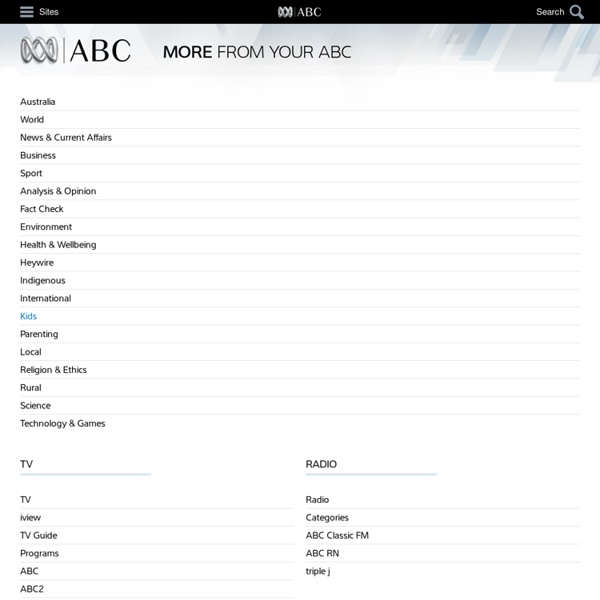



Anzac Connections Bringing historic documents from the Australian War Memorial’s archive to all Australians Anzac Connections is a major web development project that not only progressively delivers new digitised collections to the website but also aims to improve search and discovery on the site, providing new ways for people to interact with our collections. The project was originally established to mark the 2015 centenary of the Gallipoli campaign but has since expanded to include collections relating to the Western Front and Sinai/Palestine. The private record collections of hundreds of individuals who served in the First World War are now online and hold a wealth of stories: a young soldier on the Somme, freezing and up to his knees in mud, using a brief lull in the fighting to pen a letter to his parents at home; a nurse in one of the many field hospitals, exhausted and desperately trying to treat the mass of incoming wounded. One hundred years on, their stories are now ours. Daily Digger Feedback
Gallipoli and the Anzacs Australian War Heroes - Australian War Heroes Song Anzac Story Canada offered 30,000 men, Australia pledged 20,000 and New Zealand already had compulsory military training. For the war In Europe, Australia raised a new army of volunteers - the Australian Imperial Force (the AIF). Recruiting began within days of the declaration of war. Those who were too young raised their ages - and most were accepted. The convoy with the Australian Division assembled in late October, and they were then joined by the New Zealanders. The Russians who were fighting on Germany's eastern front, wanted the British and French to tackle the Turks to reduce pressure on Russia. Anzac Cove April 1915 (Click to enlarge) On 25 April 1915, the Anzacs landed at a difficult and desolate spot on the Gallipoli peninsula and the Turks appeared to be ready for them. The British Government ordered an evacuation. A British Royal Commission into Gallipoli concluded that from the outset the risk of failure outweighed Its chances of success. Top